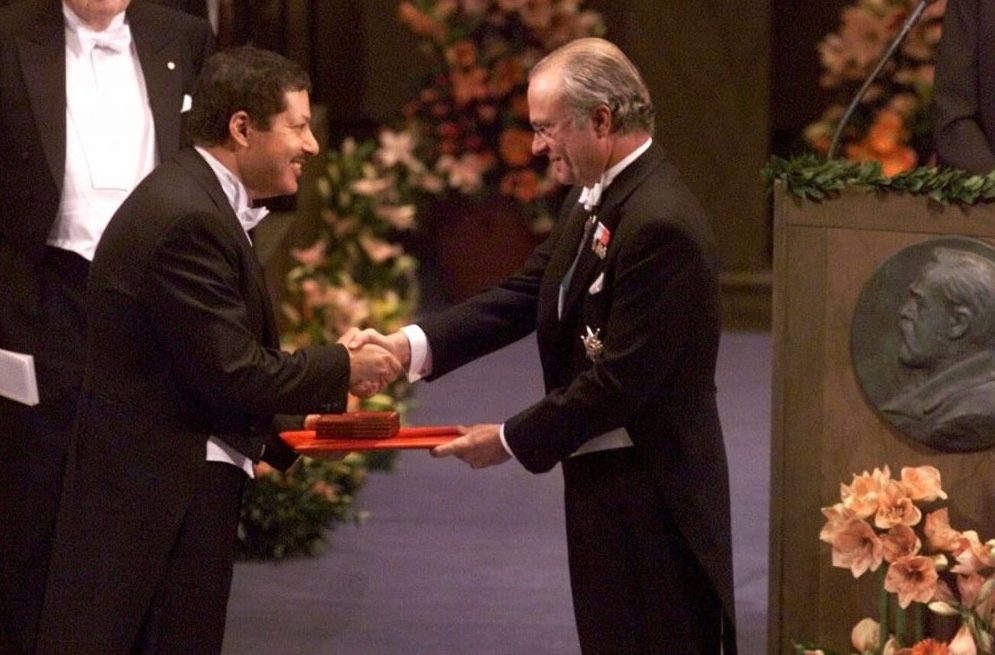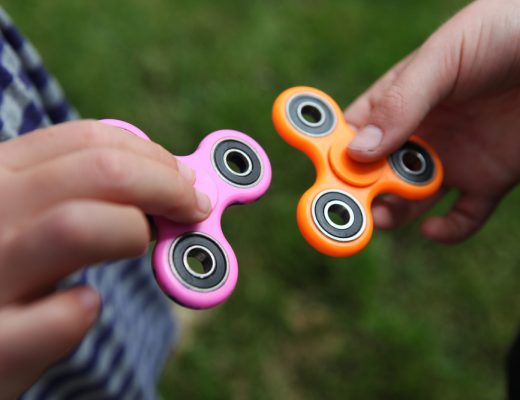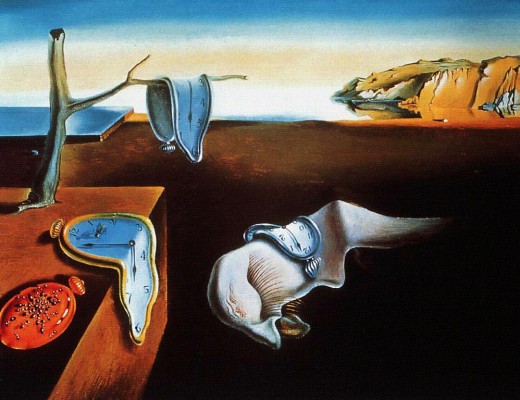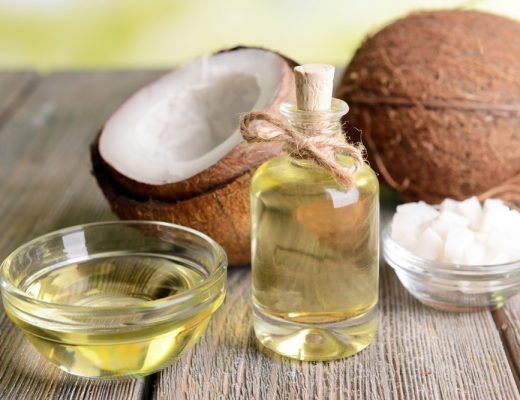As the legend holds, each discovery and invention has Arab origins. Well, in the case of these contemporary Arab scientists, maybe.
We always hear about the ‘Golden Age of Islam’ and regard as the area during which Arabs contributed most to science and arts. However, these contemporary Arab scientists will prove that Arabs are still contributing greatly to science.
Magdi Yacoub (Egypt)
Cardiothoracic surgeon and professor of Cardiothoracic Surgery at the Imperial College London Magdi Yacoub performed the first live lobe lung transplant in Britain, and is considered to have performed the most transplants in the world.
Remembering a #Lebanese iconhttps://t.co/fZbm8G3uM8 #Sabah #Music #Lebanon #GoogleDoodle
— The Life Pile (@thelifepile) November 10, 2017
Shadia Habbal (Syria)
Both an astronomer and a space physicists, Shadia Habbal played a key role in establishing the NASA Solar Probe Plus which, if launched, will be the first spacecraft to fly into the solar corona.
Hassan Kamel Al-Sabbah (Lebanon)
Hassan Kamel Al Sabbah, an electrical and electronics research engineer, mathematician and inventor, is known as the ‘Oriental Edison’. He discovered the processes of nuclear fission, and created the first solar-powered TV.
??????????https://t.co/JkiPRteU8r #BreastCancerAwarenessMonth #BreastCancer #October
— The Life Pile (@thelifepile) October 23, 2017
Ahmed Zewail (Egypt)
Known as the ‘Father of Femtochemistry’, he won the Nobel Prize in Chemistry in 1999 and became the first Arab scientist to win a Nobel Prize of science.
Charles Elachi (Lebanon)
Previously the director of the Jet Propulsion Laboratory and vice president of Caltech, Elachi lead several projects sponsored by NASA.




